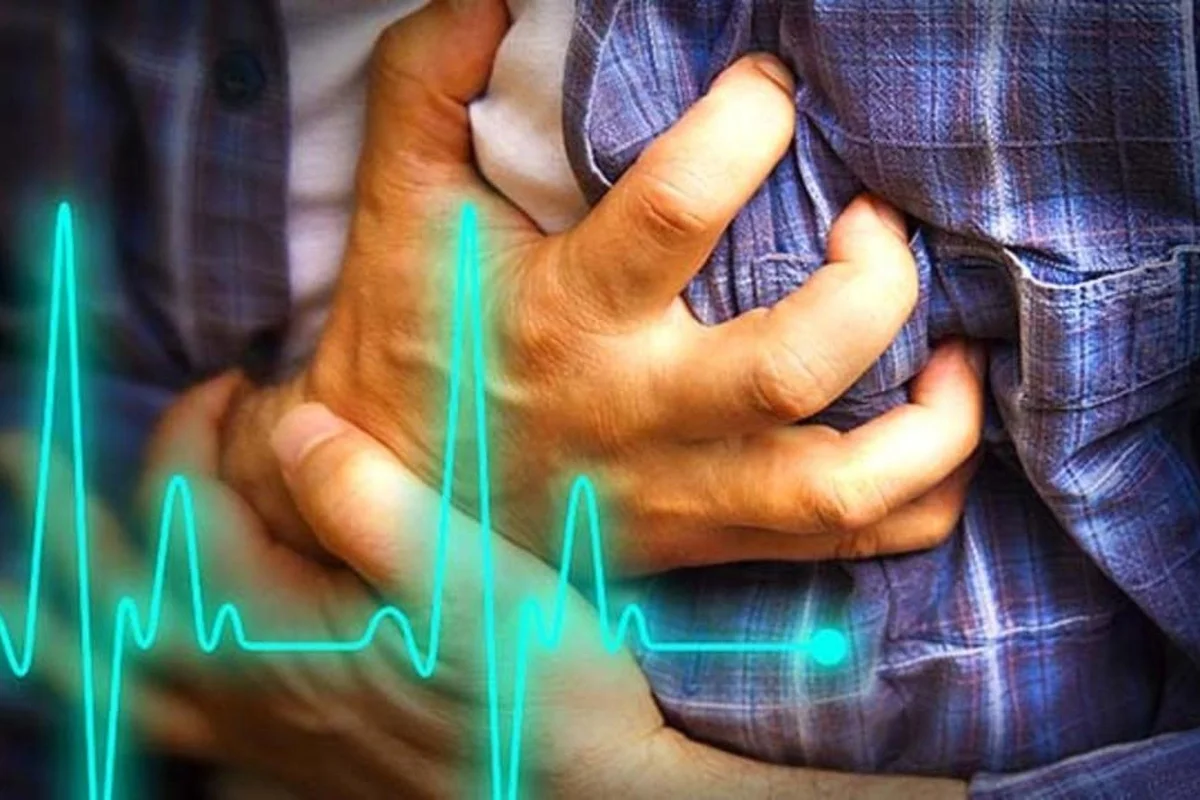Heart attacks have crashed the young adult party in India, turning what was once a “midlife problem” into an alarming new reality. With stress, poor habits, and sedentary lifestyles on the rise, heart attacks among young adults are doubling as sudden farewells.
The next section reveals the shocking shift in heart attacks among young Indians under 40, and why this health crisis demands urgent attention.
The Alarming Shift: Heart Attacks No Longer an “Older Age” Issue
Heart attacks are no longer a problem only for older adults. In India, a striking 50% of heart attack cases now occur in people under 40. Ryan Fernando, a celebrity nutrition coach, warns that too many young lives are lost suddenly due to this alarming trend.
India has the largest young population globally, but it also leads in heart disease rates. Recent cases involve young professionals, athletes, and even teenagers, showing lifestyle factors like urban stress, sedentary jobs, and irregular sleep play a major role in this dangerous shift.
Take Action Now: Expert Tips to Protect Your Heart
With heart attacks increasingly striking younger Indians, small lifestyle changes can make a life-saving difference. Ryan Fernando, celebrity nutrition coach, shares simple yet powerful habits to strengthen your heart and prevent sudden cardiac events.
DON'T MISS
- Eat balanced, real meals: Focus on whole foods, lean proteins, fruits, and vegetables. Avoid processed and packaged items that inflame arteries and raise cholesterol.
- Move your body and manage stress – Exercise for at least 30 minutes daily and practice mindfulness or yoga to reduce blood pressure and anxiety.
- Get your blood work done regularly – Ryan advises annual or half-yearly tests, including lipoprotein (a) and (b) levels, to detect early cardiac risks.
- Understand platelet aggregation – This occurs when platelets clump together, increasing clot risks. It can be managed through hydration and alkaline water, which helps reduce blood stickiness naturally.
Hidden Culprits: Lifestyle Habits Putting Young Hearts at Risk
Several habits silently damage young hearts. Poor diets loaded with junk, sugars, and processed items increase risk. Smoking, vaping, and alcohol misuse worsen heart vulnerability. High stress, no exercise, and an “always-on” work culture thicken the blood, heightening danger. Overusing caffeine, supplements, or steroids in gyms strains the heart further.
Additionally, social media and late-night screen time disrupt sleep and increase cardiovascular stress. These lifestyle factors combine to escalate heart attacks in young adults, calling for urgent awareness.
Warning Signs Often Ignored
Young people frequently dismiss early symptoms like chest discomfort, fatigue, or shortness of breath as normal stress effects. This leads to misdiagnosis and dangerous delays. However, ignoring these signs can result in sudden cardiac arrest. Preventive screenings such as cholesterol checks, ECGs, and blood pressure monitoring are vital.
Early detection of risk improves outcomes and supports maintaining heart health. Recognising warning signs and acting promptly can save lives amid the rising trend of heart attacks in young adults.
Sudden cardiac arrest in youth is no longer rare and reflects changing health patterns. Addressing lifestyle risks with timely action can protect many vulnerable young Indians from fatal heart events.
Disclaimer: This content, including advice, provides general information only. It is not a substitute for a qualified medical opinion in any way. The methods and claims mentioned in this article should be considered as suggestions only; DNP India neither confirms nor denies them. Always consult a doctor before following any such suggestions/treatments/medications/diets.
